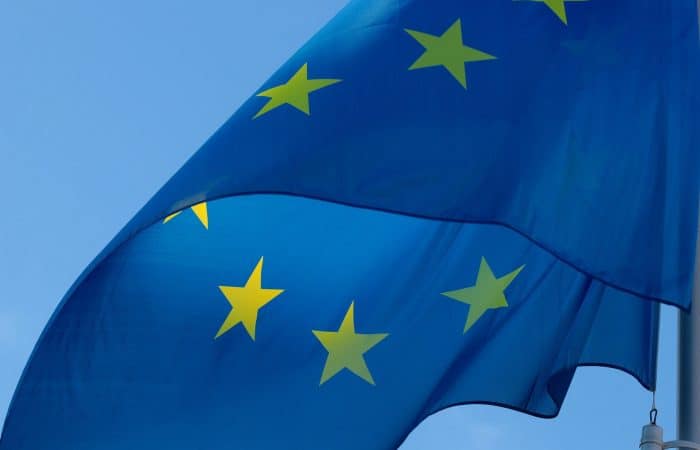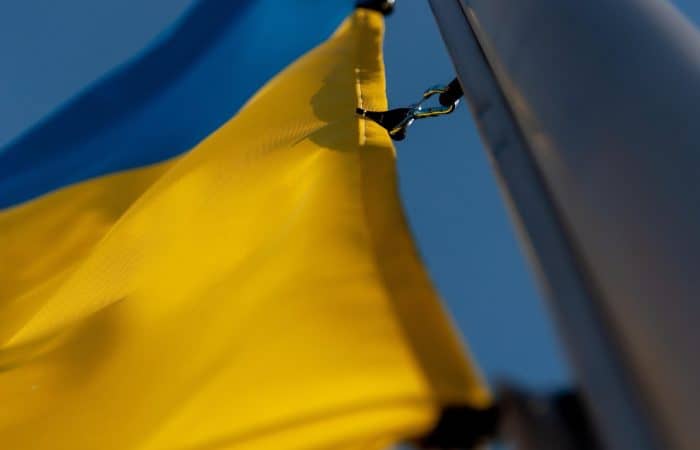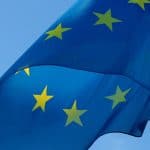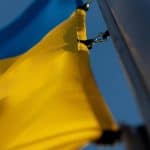This content was last updated on 21 July 2025.
Since 23 February 2022, the EU has progressively imposed sanctions against Russia in response to Russia’s violation of Ukraine’s sovereignty and territorial integrity.
On 18 July 2025, the European Council adopted its 18th sanctions package against Russia, significantly increasing pressure amid the ongoing war in Ukraine. The package targets Russian energy revenues, financial infrastructure, military-industrial capabilities, and sanctions circumvention, including measures related to Belarus, marking one of the EU’s most robust responses to date.
- Energy sector measures
- Oil price cap reduced: the cap on Russian crude is lowered from USD 60,00 to USD 47,60 per barrel (= 15% below current prices), with a dynamic adjustment mechanism in place to strengthen enforcement.
- Shadow fleet targeted: an additional 105 tankers, part of Russia’s so-called ‘shadow fleet’, are added to the sanctions list, bringing the total to 444 vessels. These ships face EU-wide port access bans and restrictions on maritime services.
- Refined products import ban: EU imports of refined products derived from Russian crude oil (processed via third countries) are banned, with narrow exceptions for Canada, Norway, Switzerland, the UK and the US.
- Nord Stream pipelines: all transactions related to Nord Stream 1 and 2, including maintenance of future use, are now fully banned.
- Financial sector measures
- Banking restrictions intensified: 22 additional Russian banks are excluded from accessing EU-based financial services, joining the existing 23 that are already blocked.
- Third-country enforcements: the package lowers thresholds for punitive action against non-EU banks, crypto-services, and credit institutions facilitating evasion, including through the Russian SPFS network.
- RDIF banned: a comprehensive transaction ban is imposed on the Russian Direct Investment Fund and its affiliates.
- Military-industrial & Trade controls
- New listings: the EU added 55 individuals/entities (14 individuals and 41 entities), bringing total sanctions to over 2500 listings.
- Export of dual-use goods: the package introduces export controls on 26 additional companies, including entities in China (7), Hong Kong (3), Türkiye (4), and 8 Belarus-linked military firms.
- Continued enforcement & Belarus measures
- Anti-circumvention focus: the EU bolsters enforcement powers, streamlines sanctions coordination among member states, and enhances accountability mechanisms for sanctions evasion.
- Belarus-linked sanctions: additional restrictions align Belarusian actors with the Russian sanctions regime, targeting military trade, finance, and software sectors.
This comprehensive 18th package strengthens the EU’s economic siege on Russia, reducing oil revenues, isolating its financial networks, targeting key military logistics, and closing known legal loopholes. Its dynamic oil cap and expanded shadow fleet embargo are central to enforcement, while financial and trade curbs aim to stifle Russia’s war machinery. However, its long-term impact hinges on rigorous enforcement and international coordination, particularly given the Kremlin’s counter-narrative and the absence of US alignment.
For detailed information on the previous 17 packages of restrictive measures against Russia, please see: EU sanctions measures against Russia.
This publication is provided for your convenience and does not constitute legal advice.
More information
If you have any questions about the content of this article, please contact our specialists on international sanctions and export controls:




